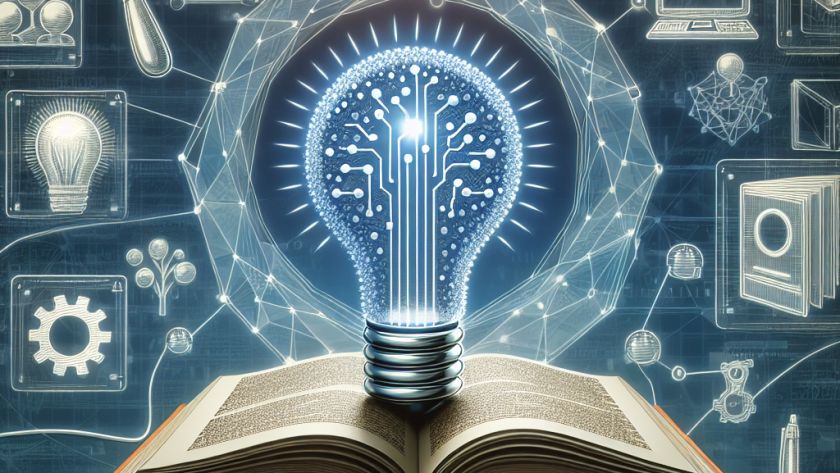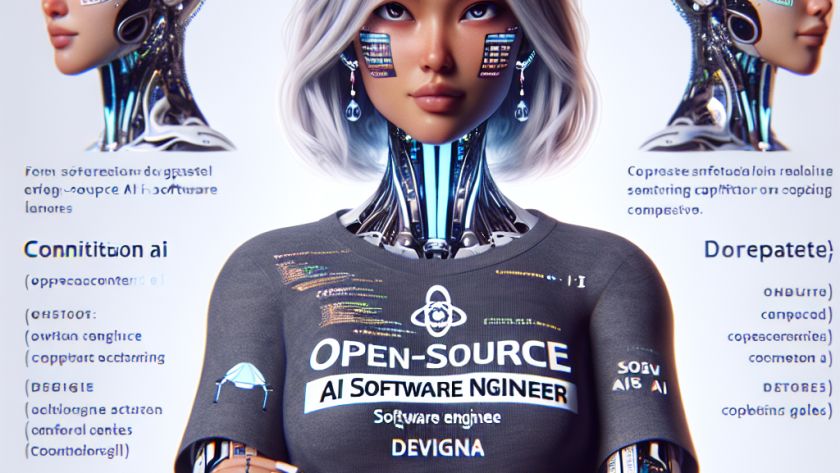Artificial Intelligence (AI) is an ever-evolving field that requires effective methods for incorporating new knowledge into existing models. The fast-paced generation of information renders models outdated quickly, necessitating model editing techniques that can equip AI models with the latest information without compromising their foundation or overall performance.
There are two key challenges in this process: accuracy…












